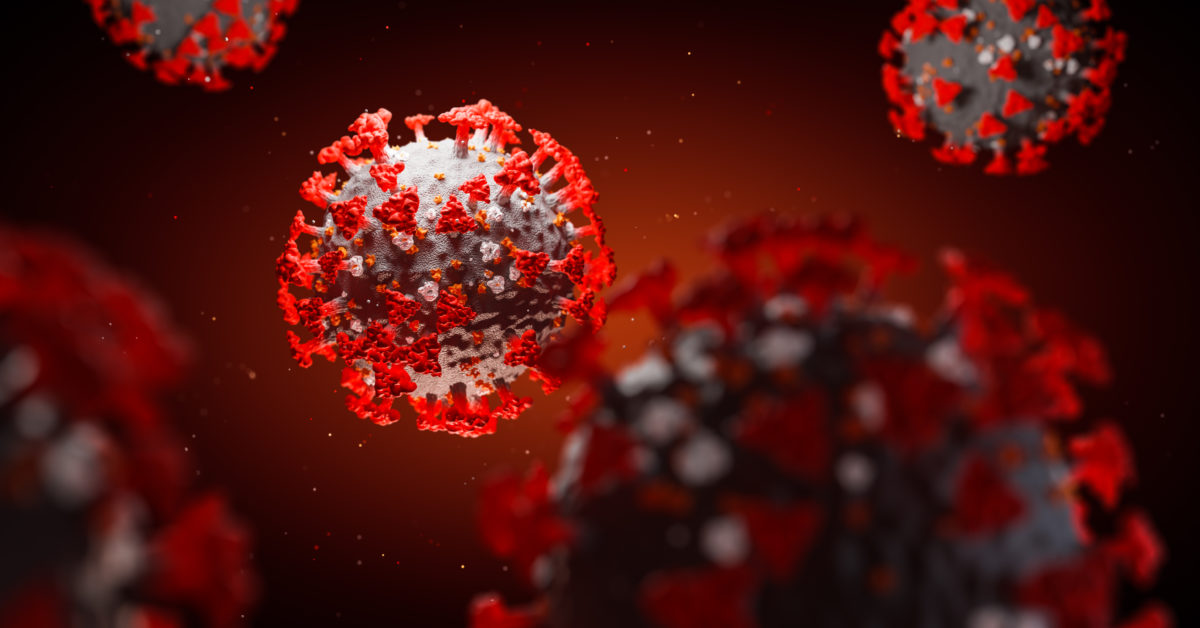Researchers have identified a mutation in the genetic code of SARS-CoV-2 that mirrors changes scientists saw in the 2003 SARS outbreak.

SARS-CoV-2 is the virus that causes the illness COVID-19. In the mutation, 81 letters in the virus’s genome had been deleted.
Viral mutations are a normal part of a virus’s evolution and can alter the severity of the disease they cause.
In the case of SARS-CoV-2, the finding is of interest because the nature of the mutation suggests it may have an association with a less severe form of the disease. A less virulent virus may have a selective advantage over other strains.
The research, by a team of scientists at the Arizona State University (ASU), United States, is now a correspondence piece in the Journal of Virology.
While some researchers have focused much attention on tracking the number of cases of COVID-19 against the global spread of SARS-CoV-2, others are tracking the virus as it begins to mutate, creating changes in its genetic code that may affect how it functions.
Mutations occur when a change in genetic material incorporates in the viral genome and passes on to the following generation. In the case of viruses, a generation is usually the cycle of infection of a particular cell.
The team from ASU was originally doing research on influenza viruses, analyzing nasal swab samples it took from participants in Arizona.
However, once health authorities started confirming COVID-19 cases in Arizona, the team decided to switch their research to focus on SARS-CoV-2.
According to Dr. Efrem Lim, an assistant professor in the School of Life Sciences at ASU and lead of the research team, “[t]his was the scientif

